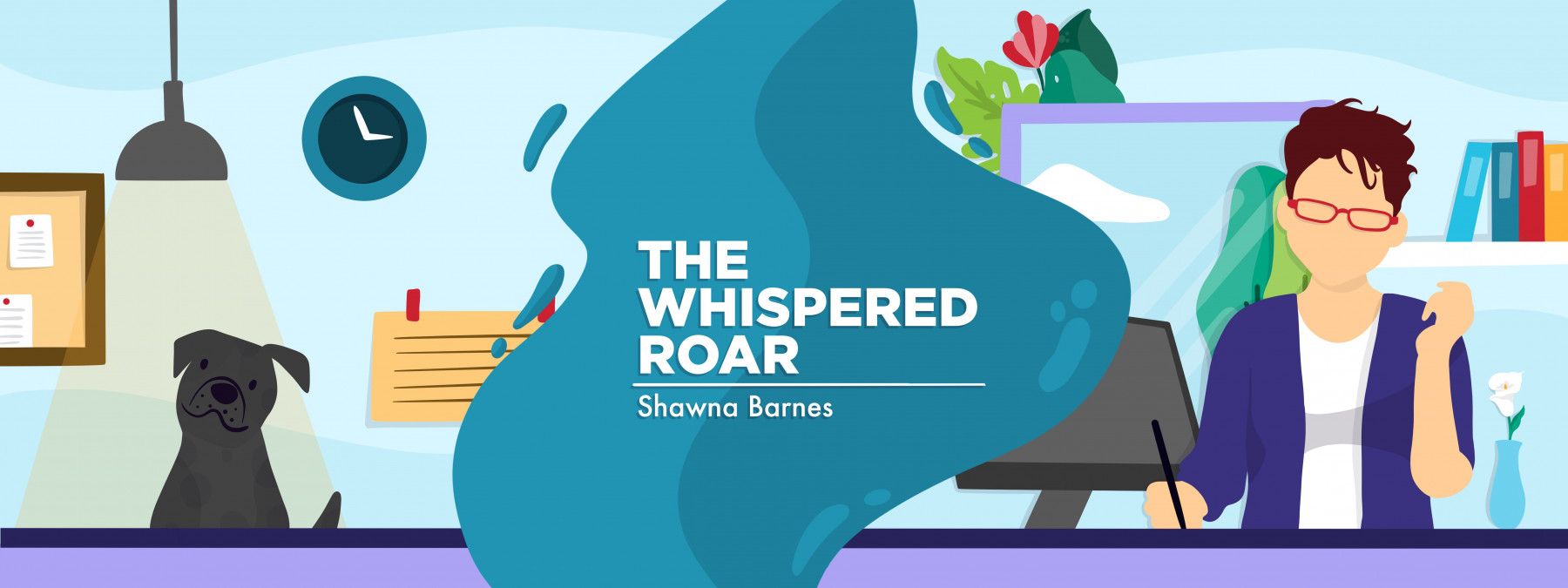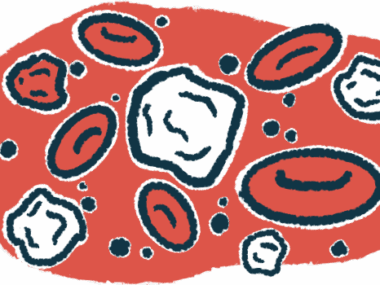In Sickness and in Health, We Serve as Caregivers for Each Other
Written by |

Last week my husband and I celebrated an anniversary on July 20. It wasn’t the anniversary of when we first met (that’s Oct. 15). It wasn’t our wedding anniversary (that’s coming up on Aug. 10). So what was so momentous that we acknowledge it every year?
On July 20, 2016, my husband, Justin, was removing some hazardous trees that were around the house. My son, Caden, was outside with him, and they were going over safety and how to identify a “widow maker” as he was starting to teach him the ropes. Justin had on all the necessary safety equipment, including his logging helmet — a helmet he rarely wore when cutting trees down, but had it on that day to show Caden the right way, the safe way, to remove a tree that was hollow and dead inside.
That logging helmet saved his life.
As Justin was cutting the tree down, it went exactly where he’d intended, but there was an unintended consequence. It bounced off a neighboring tree and instead of sliding down, its trunk broke right across the top of Justin’s head. He watched it all happen and made sure Caden was out of harm’s way, but then he zigged when he should have zagged and got bonked on the head by the widow maker.
That tree tried to live up to its nickname. It hit Justin with such force that it cracked his logging helmet. He sustained a traumatic brain injury that day, and it changed both our lives forever.
As a combat medic in the Army, I’d been trained to assess and respond to trauma. What I wasn’t trained for was the feeling of utter helplessness at not being able to help my husband. You see, I have several other chronic health conditions in addition to myasthenia gravis. One of those conditions is a seizure disorder. Because of it, I was unable to drive at the time of the accident since the seizures were not well controlled.
I had to call and ask his grandmother and mother to drive 45 minutes to our house to take us to the doctor. I remember feeling helpless, like a burden, because I couldn’t take care of him safely, and I was extremely angry because of all of the above.
That day marked a lot of significant changes. One of them was that I became his caregiver while he was also mine. He’s been my caregiver through the Veterans Affairs since 2012.
No one ever prepares you for the mood swings, personality changes, and physical manifestations a brain injury can cause. Learning to navigate the role of caregiver while balancing my own delicate health is something that I still struggle with six years later. One thing that having myasthenia gravis has taught me is the acceptance of and grief for the person I no longer am. And as Justin says, the person he was died the moment that tree came across his head. This is an area I have been able to relate to and help him with.
There were many nights of silent tears the first two years post-injury because of the mood swings that Justin just couldn’t see and was unaware of. His fuse shortened a great deal, and he was quickly frustrated and angry. Learning how to talk to him in a way that was not patronizing but calming took some time, but it’s a skill that I like to think I’ve mastered. Helping him see and understand what triggers his symptom exacerbations has been eye-opening for us both.
This lasting effect bothers me the most because as his wife and confidant, I get the brunt of the frustration. I know how to mend a broken bone; there’s no mending of a broken brain.
Over the last six years we’ve cried together, we’ve grown together, we’ve supported each other in nearly every way possible, and we’ve celebrated together. We grieve the people we no longer are because of our illnesses and injury. But we also celebrate the people we are now and are becoming. Because without these things, we wouldn’t be where we are today.
My health and Justin’s traumatic brain injury inspired us to launch a support page we call “In Sickness and Nevermind,” a play off of typical wedding vows. There is no health in our relationship, just varying degrees of disability and illness. Our disabilities have opened doors to help others. His injury allowed him to understand and empathize with me more than he’d ever been able to.
Together we can conquer the world, one wheelchair race or doctor’s appointment at a time. Caregiver? Care-receiver? It doesn’t matter the roles we play as long as we’re living life together.
Note: Myasthenia Gravis News is strictly a news and information website about the disease. It does not provide medical advice, diagnosis or treatment. This content is not intended to be a substitute for professional medical advice, diagnosis, or treatment. Always seek the advice of your physician or other qualified health provider with any questions you may have regarding a medical condition. Never disregard professional medical advice or delay in seeking it because of something you have read on this website. The opinions expressed in this column are not those of Myasthenia Gravis News or its parent company, Bionews, and are intended to spark discussion about issues pertaining to myasthenia gravis.




Isy Winslow
I have had myasthenia gravis for 10 years and my husband has had dementia for about 4 years.
He helped me through the worst of it before I was diagnosed. I had a myasthenic crisis and ended up having a g-tube and a tracheostomy. He was there every step of the way helping me.
He then was diagnosed with dementia, and it was my time to help him. I see the mood swings and the confusion, and it breaks my heart to see him decline, but I am happy to be well enough to help him through this sad time.
I always say this is what we signed up for when we got married and it has been 61 wonderful years for us.
Shawna Barnes
100%. Thank you for sharing your experiences with us Isy. My husband and I just celebrated 9 years of wedded bliss (11 years together) yesterday (10 Aug 22). It's a give and take. - Shawna